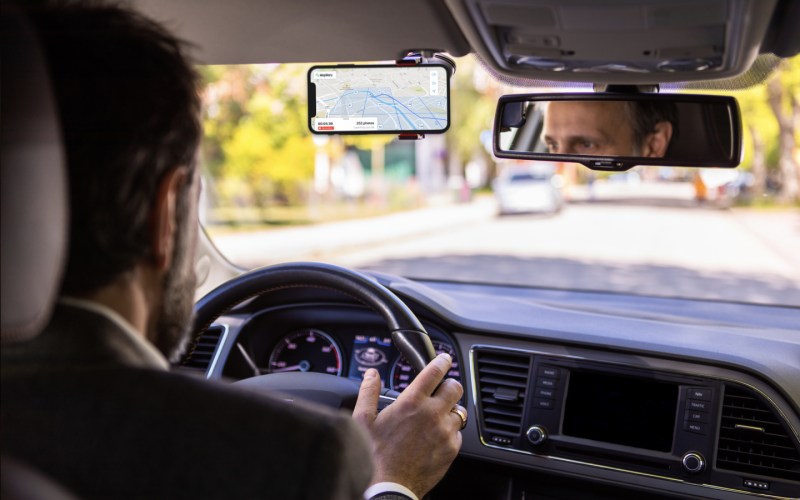Sweden’s Mapillary is creating a marketplace for street-level images and map data to serve users’ specific needs while making its core service more robust.
Mapillary is a collaborative platform that crowdsources imagery from users who download its app and take street-level pictures with their smartphones. These are then shared to Mapillary’s system, where its computer vision technology breaks them down into objects and data.
The company hopes a marketplace will accelerate those efforts by creating incentives to fill in gaps where contributors are less numerous.
“It’s about connecting the supply and demand side of the platform better,” said Mapillary CEO and cofounder Jan Erik Solem. “We have people who have contributed to our community who work all over the world. And we have customers who need very specific mapping images and data.”
June 5th: The AI Audit in NYC
Join us next week in NYC to engage with top executive leaders, delving into strategies for auditing AI models to ensure fairness, optimal performance, and ethical compliance across diverse organizations. Secure your attendance for this exclusive invite-only event.
Mapillary is one of the players in a rapidly evolving and competitive landscape. As autonomous vehicles, drones, delivery vehicles, and other forms of mobility gain traction, they each have specific mapping needs, in terms of both the type of data and the pace of updates required. 
The company is based in Malmö, Sweden and also has an R&D facility in Graz, Austria. Last year, Mapillary raised a $15 million round of venture capital to accelerate development of an independent mapping data system for autonomous vehicles. And Mapillary’s data is already being used by partners such as the Volkswagen Group and mapping service Here.
While Mapillary’s data continues to grow, there are still large gaps in coverage, and it wouldn’t make sense for the company to go out and hire teams to gather that data. In part, platforms like Mapillary are trying to reinvent the costly models used by services like Google Maps, which send out large fleets of vehicles to gather street-level imagery and data.
The marketplace is designed to address these gaps in a targeted manner. Customers needing map data can post requests on the Mapillary Marketplace, including descriptions of the location and the potential budget. Drivers can accept a project, gather the data through the app, and then get paid. The service is currently only available in the U.S. and Europe.
For the moment, Mapillary won’t make any money from the marketplace. But the data collected for these projects also goes to its central service, where it is used in a number of ways. For example, Mapillary has a partnership with Amazon Rekognition, a visual data analysis platform, to create a system that makes it easier to find parking in congested areas.

